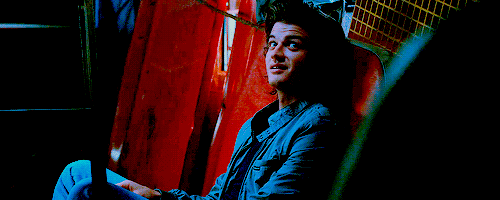Okay, as each and every judge seems to be at a loss regarding Selwyn's reasoning, I feel obliged to explain it in simple, easy to understand terms.
Firstly, you must understand that the paradox submitted to the children in the competition was a bastardisation of the barber's paradox, which is an example of Russell's paradox, which is an explanation of some of the holes in naive set theory.
However, because the person who modified the barber's paradox likely had little to no knowledge of set theory, when they re-wrote the riddle for the tournament, they inadvertently upset the logic of the puzzle.
Secondly, there is no logical answer to the barber paradox. There are
variations in which the gender of the barber is not supplied (and so on), but the original paradox is in the following form:
Suppose there is a town with just one male barber; and that every man in the town keeps himself clean-shaven: some by shaving themselves, some by attending the barber. It seems reasonable to imagine that the barber obeys the following rule: He shaves all and only those men in town who do not shave themselves.
Under this scenario, we can ask the following question: Does the barber shave himself
This highlights the fact that as soon as the barber becomes part of the set of people who must be shaved by the barber, he immediately becomes part of the set of people who is shaved by himself. The barber cannot inhabit both sets at the same time.
The healer, on the other hand, is not attempting to inhabit these sort of mutually-exclusive sets. We know this, because it has been made clear in the riddle that magical powers are at the crux of the issue:
Magical powers could heal this sickness. Some of the people in the town healed themselves, some of then went to the healer, but the healer only cures people who do not cure themselves. However, one day the healer got sick. So who cured the healer?
Thus, the sets we are dealing with here are "people who have magic and can heal themselves" and "people without magic who cannot heal themselves". The fact that the healer only cures those who haven't healed themselves is irrelevant. Until he falls sick, the healer hasn't
needed to heal anyone who could heal themselves. As Selwyn mentioned in the RP, those people would be unlikely to seek out medical assistance in any case.
Therefore, the healer would logically heal himself, since he falls into the set of people who have magic and can heal themselves.
I hope this explanation has made things a bit more clear for everyone.














